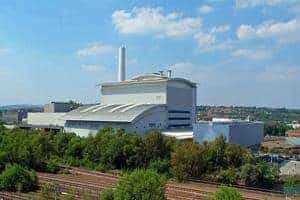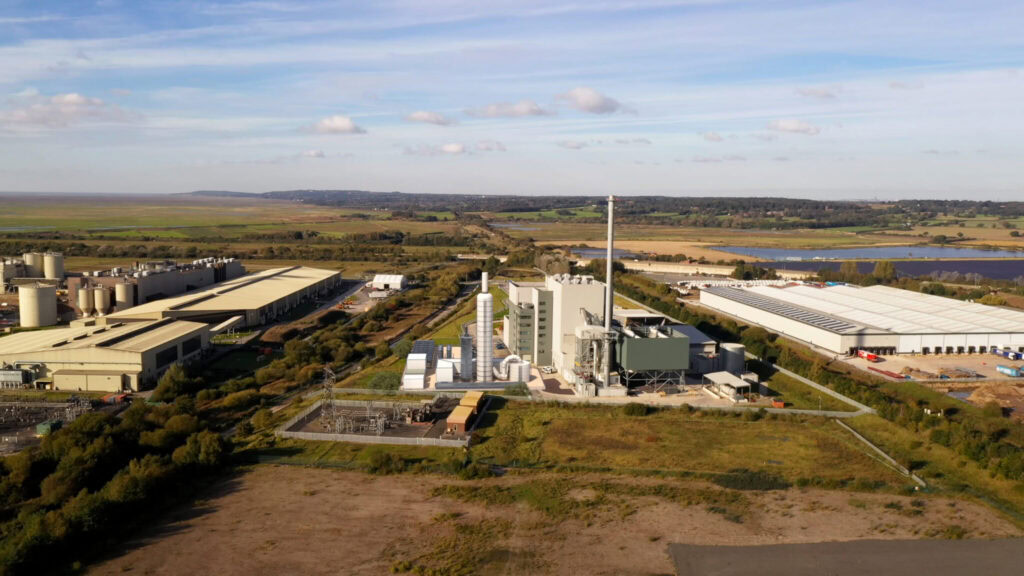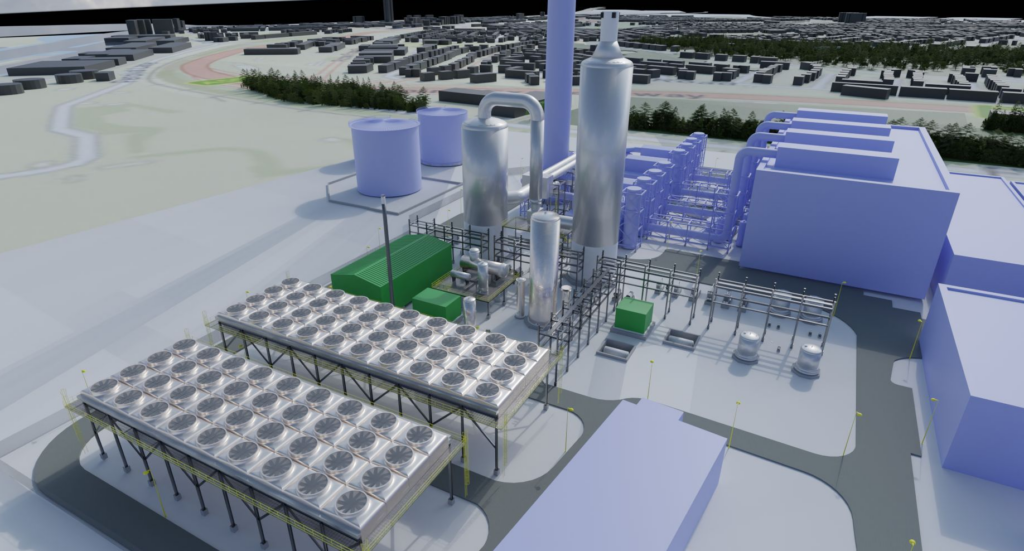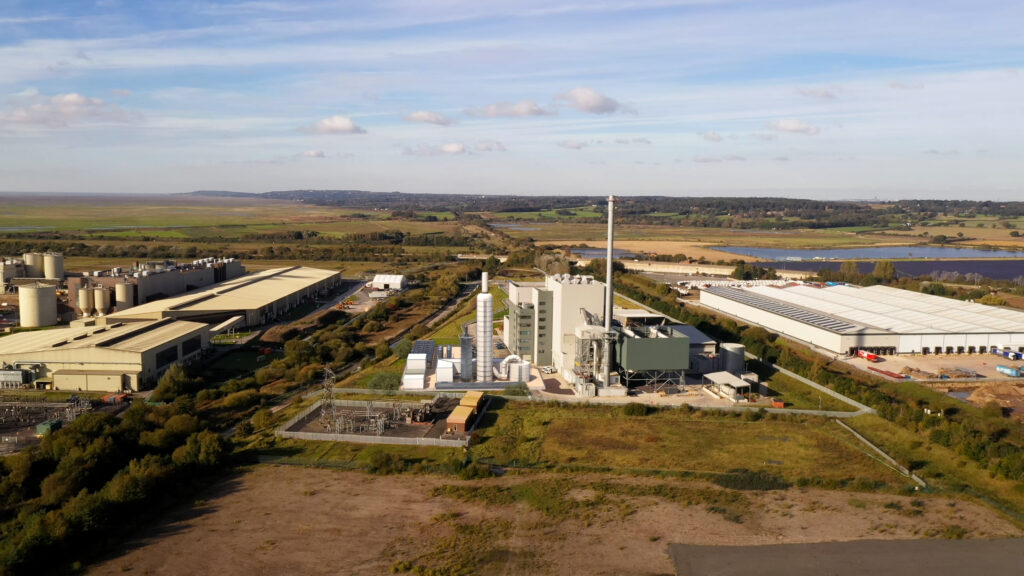Waste sector trade body the Environmental Services Association (ESA) has defended the development of new energy-from-waste (EfW) plants, amid reports that the UK is headed for incineration overcapacity.
The ESA claims that there is not enough evidence to back up reports published in recent months, stating that increasing the number of EfW plants will undermine recycling rates.

Critics of the development of EfW infrastructure within the UK claim that building new facilities which require a minimum level of feedstock to function could create a need to burn material that would otherwise be recycled.
Meanwhile, others including research consultancy Eunomia have argued that under-capacity in EfW facilities in Europe means that the UK can legitimately export its waste in the form of refuse derived and solid recovered fuels (RDF & SRF) whilst retaining the flexibility to increase recycling rates without the risk of an incineration overcapacity (see letsrecycle.com story).
But, ESA claims that development of new domestic EfW facilities is necessary to reduce the UKs reliance on landfill – providing a recovery route for residual wastes that currently have no other treatment options.
‘A significant amount cannot be recycled and it is this residual waste which energy from waste plants are designed to treat.’
Barry Dennis, ESA
Landfill
ESA director general, Barry Dennis, said: The UK still landfills 20 million tonnes of rubbish from households and businesses every year, and if we are serious about creating a circular economy (where waste is valued as a resource rather than something that needs to be disposed of), then this has to stop.
Some of our rubbish can and should be recycled, and investment in recycling facilities up and down the country is being made by ESA members. But a significant amount cannot be recycled and it is this residual waste which energy from waste plants are designed to treat.
We all want to see recycling rates increase, and we should be aspiring to the 60-70% levels seen in the best EU countries. But we also need to deal with non-recyclable rubbish and EfW plants do this while also generating the energy the country needs.
Pointing to other European Union Member states including Austria, Belgium, Denmark, Germany and the Netherlands ESA claims that experience in these countries has shown that consistently high recycling rates can happily coexist alongside high levels of energy recovery.
Meanwhile, in the UK, the organisation singles out Northumberland which it says has increased its recycling rate by around a third in six years, whilst also diverting waste from landfill via a PFI-funded energy from waste plant.
Related Links
And, highlighting findings raised in Eunomias report on the export market for refuse derived fuels, published last month, ESA added that not all EfW plants with planning permission will be built and that some nominal additional capacity is needed to offset plant downtime.
Also, the organisation claimed that rising population and economic recovery mean that there is no guarantee that waste arisings will continue to fall, pointing to comments made recently by the Association of Directors of Environment, Economy, Planning & Transport (ADEPT) that waste levels are beginning to rise (see letsrecycle.com story).









Subscribe for free